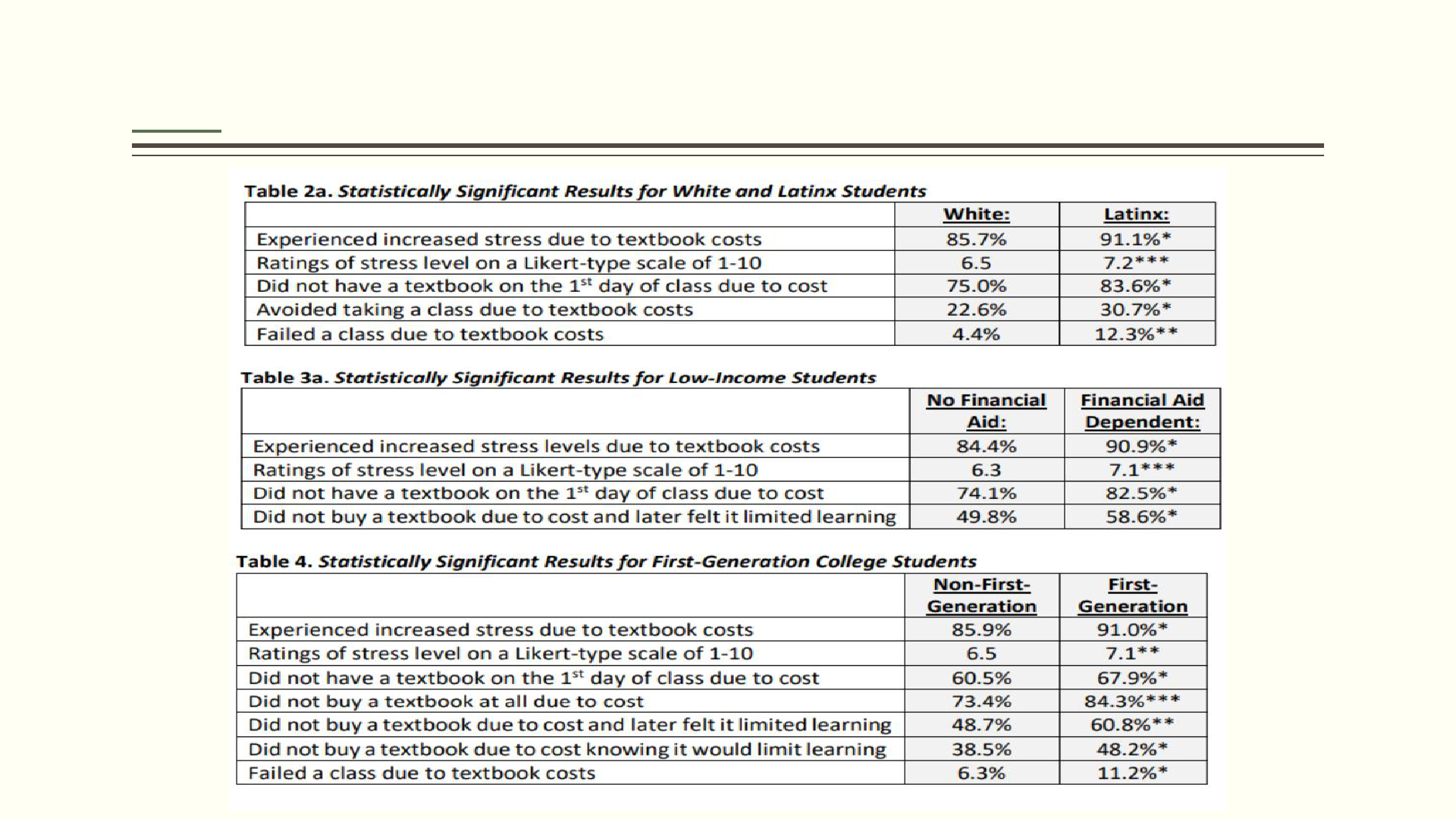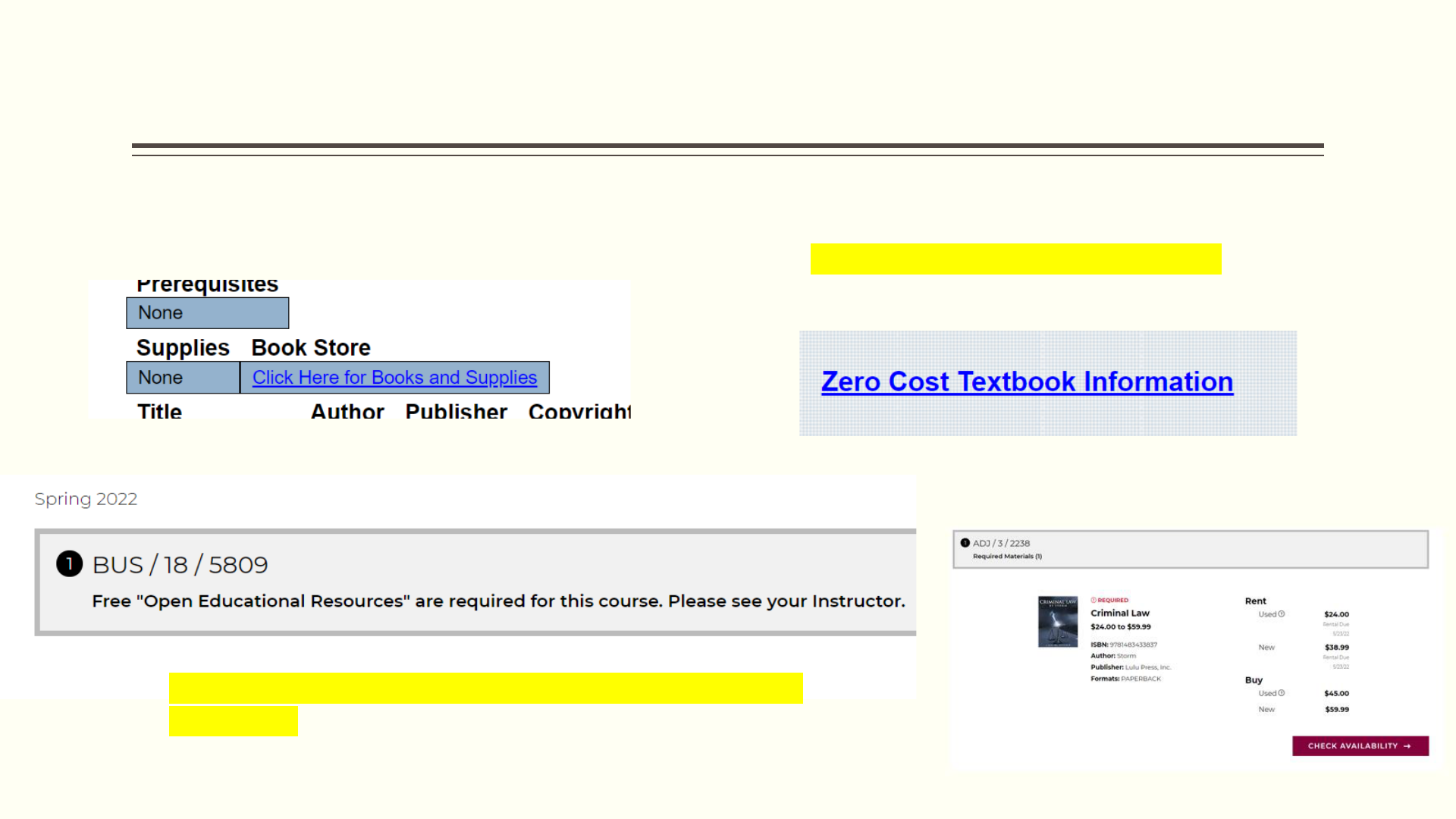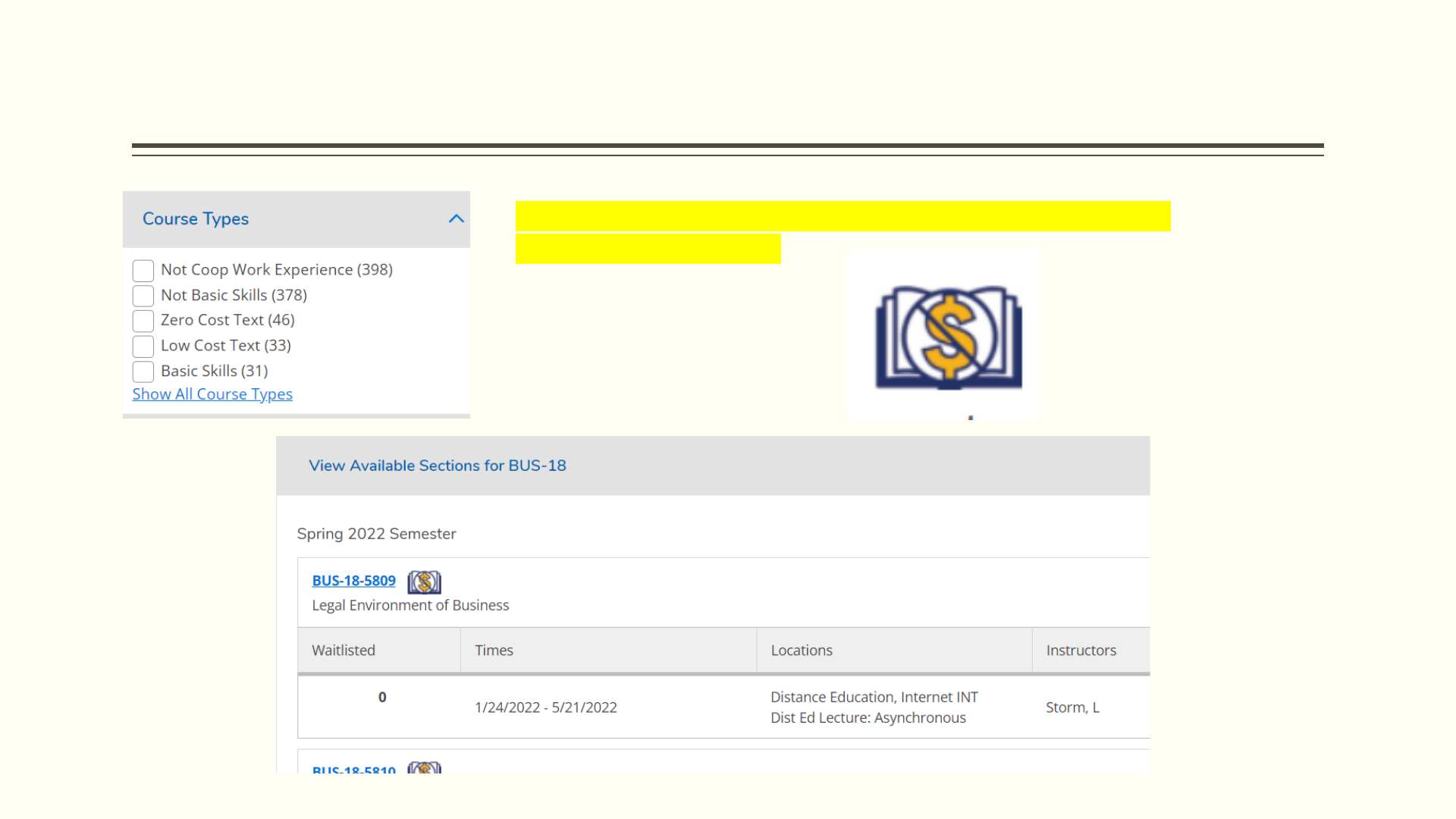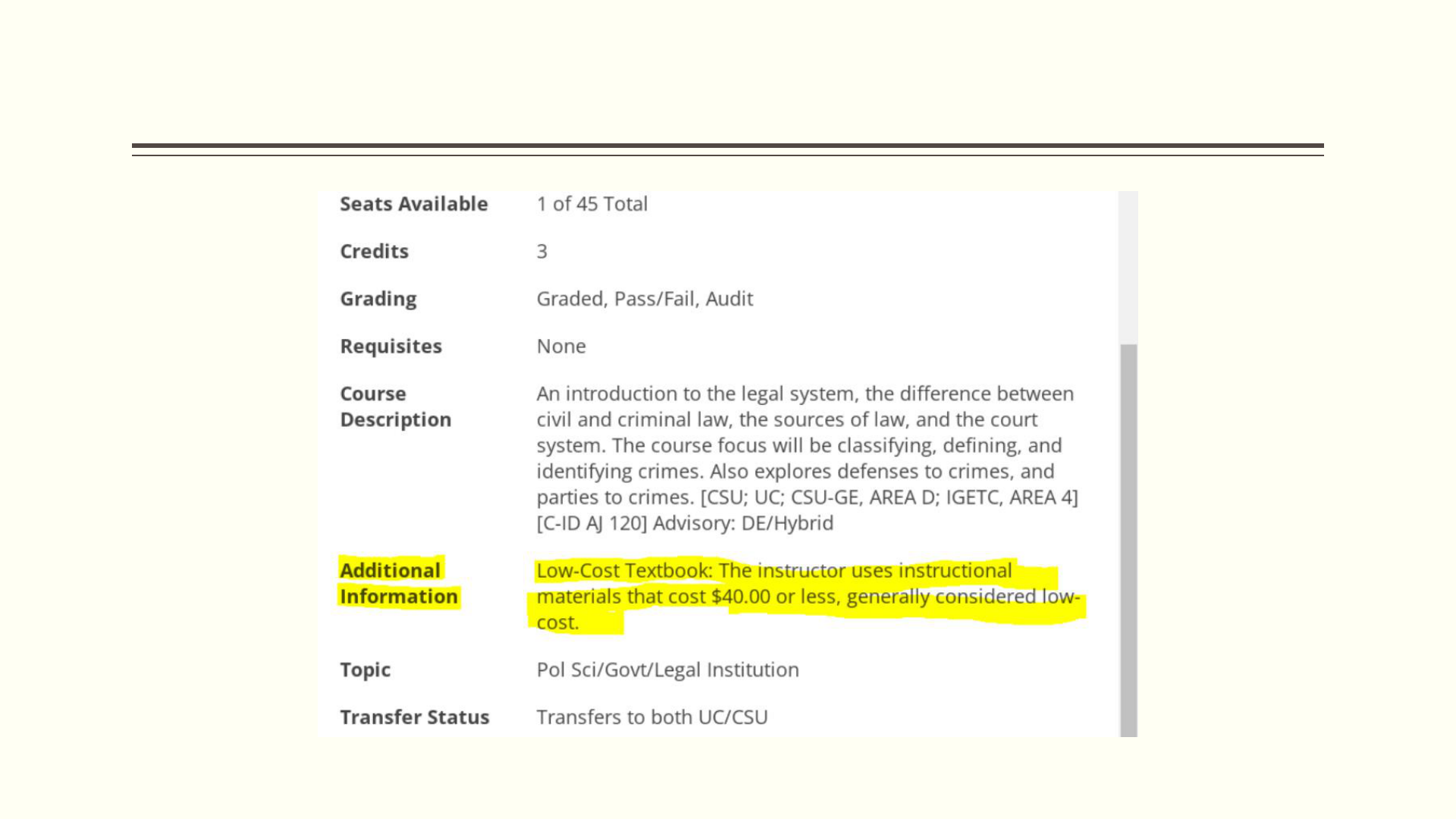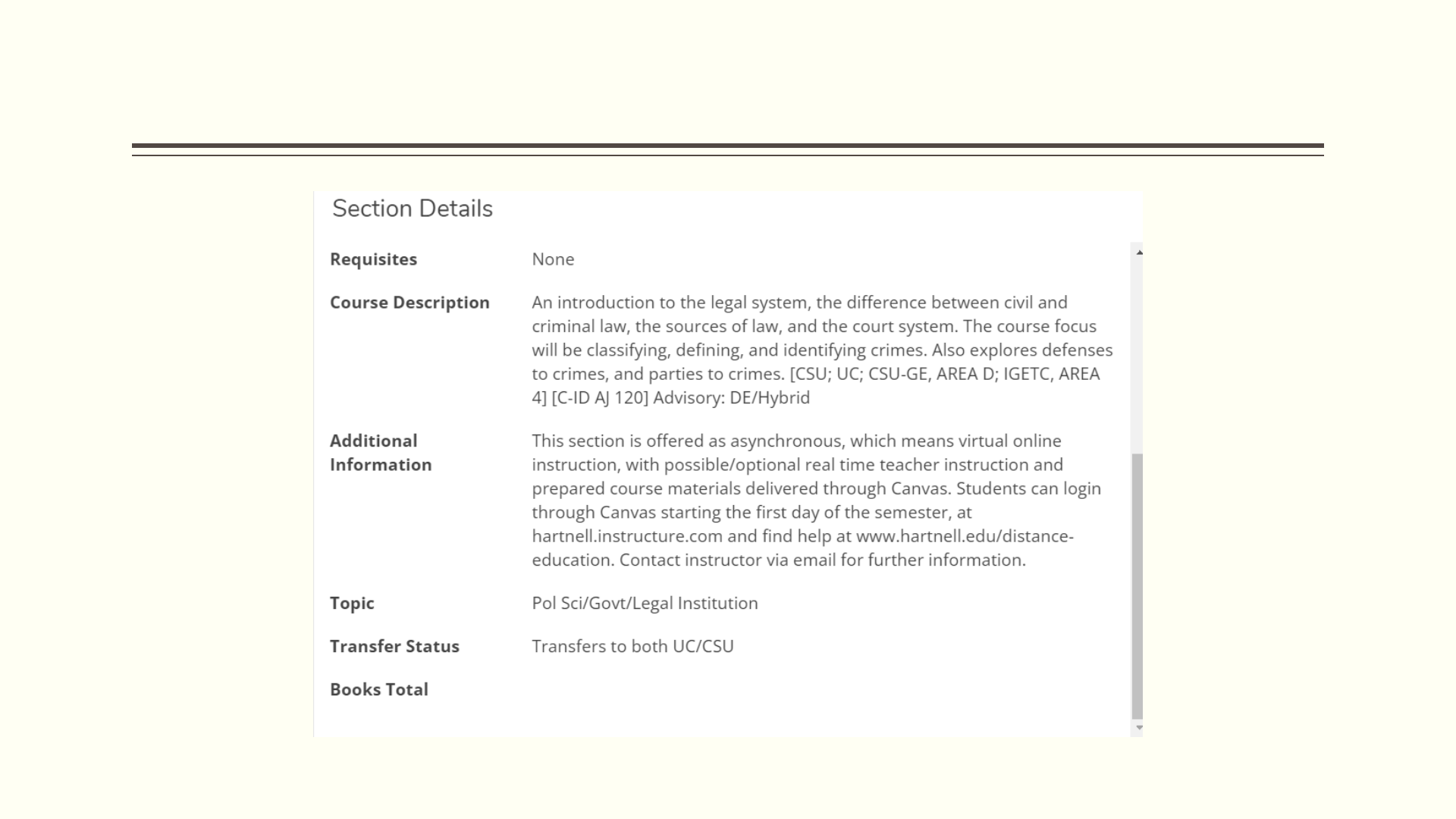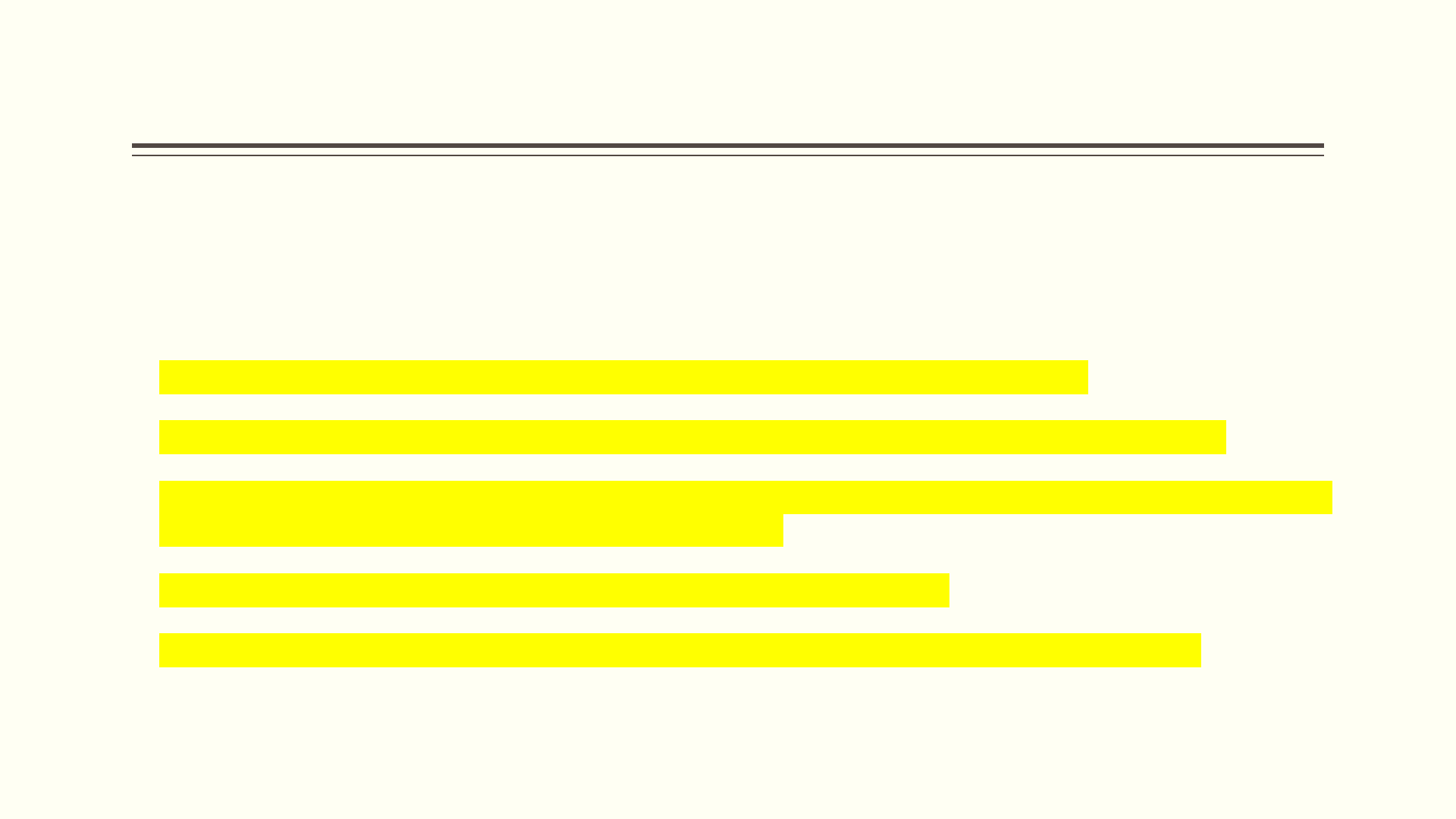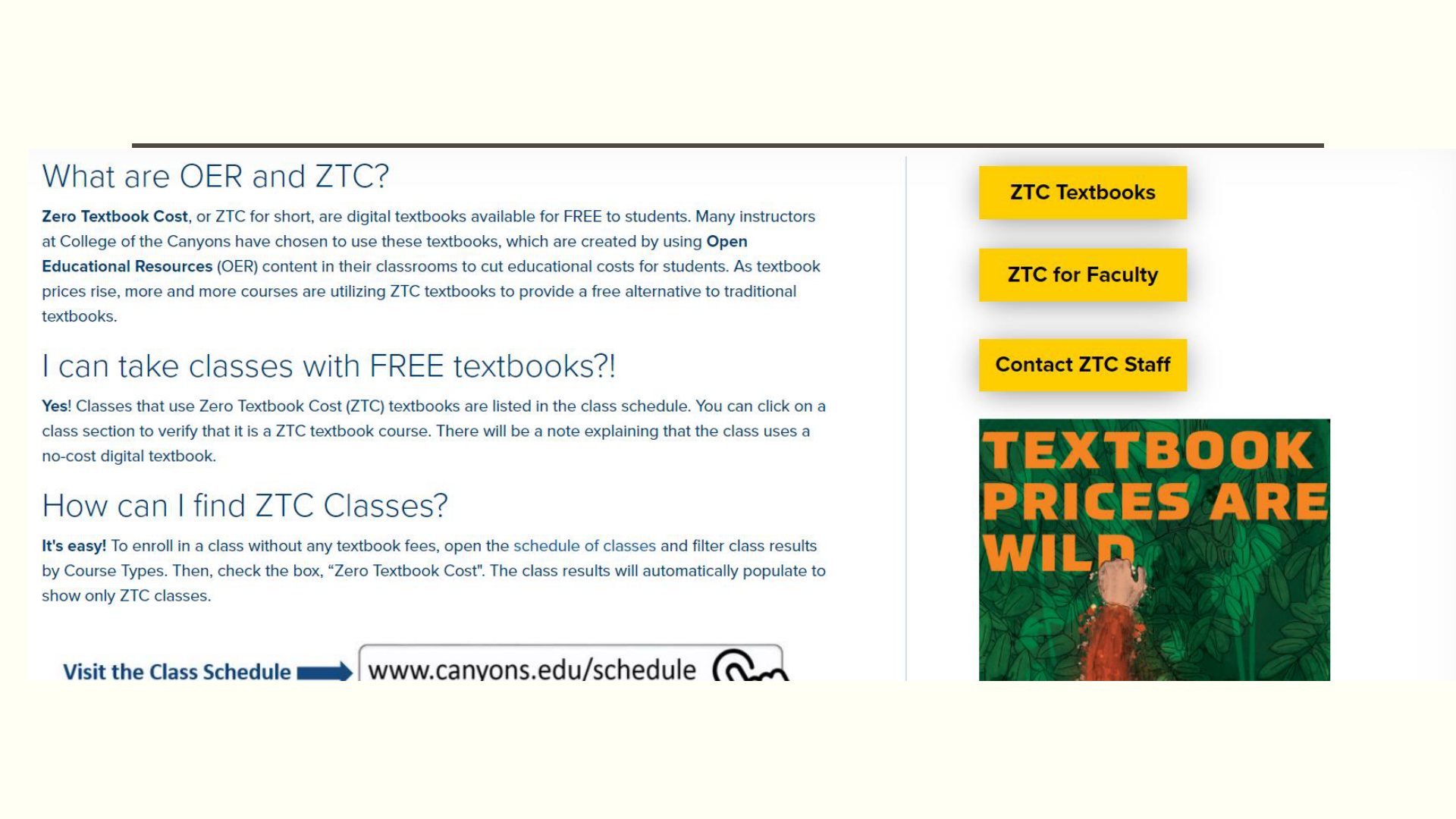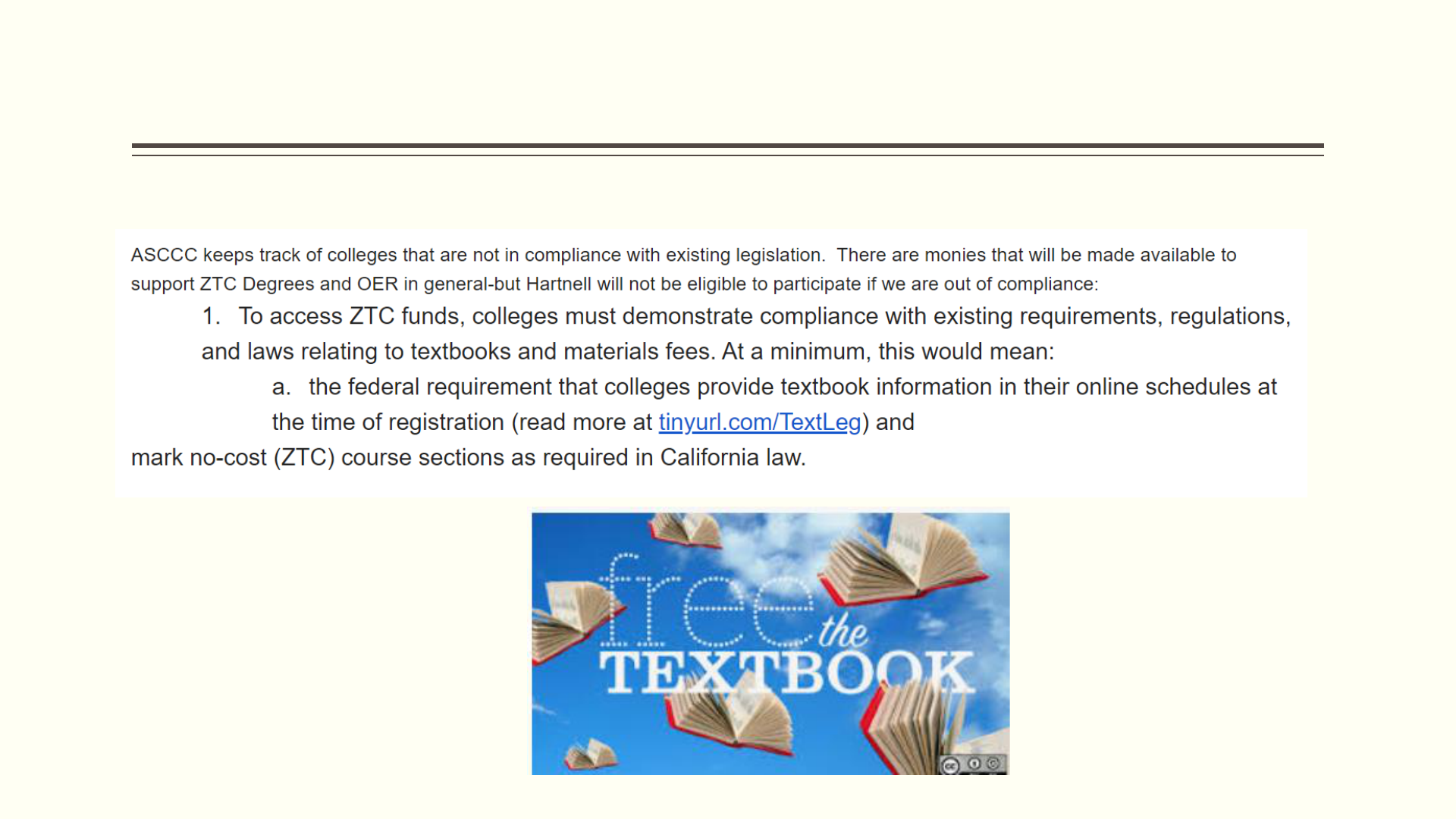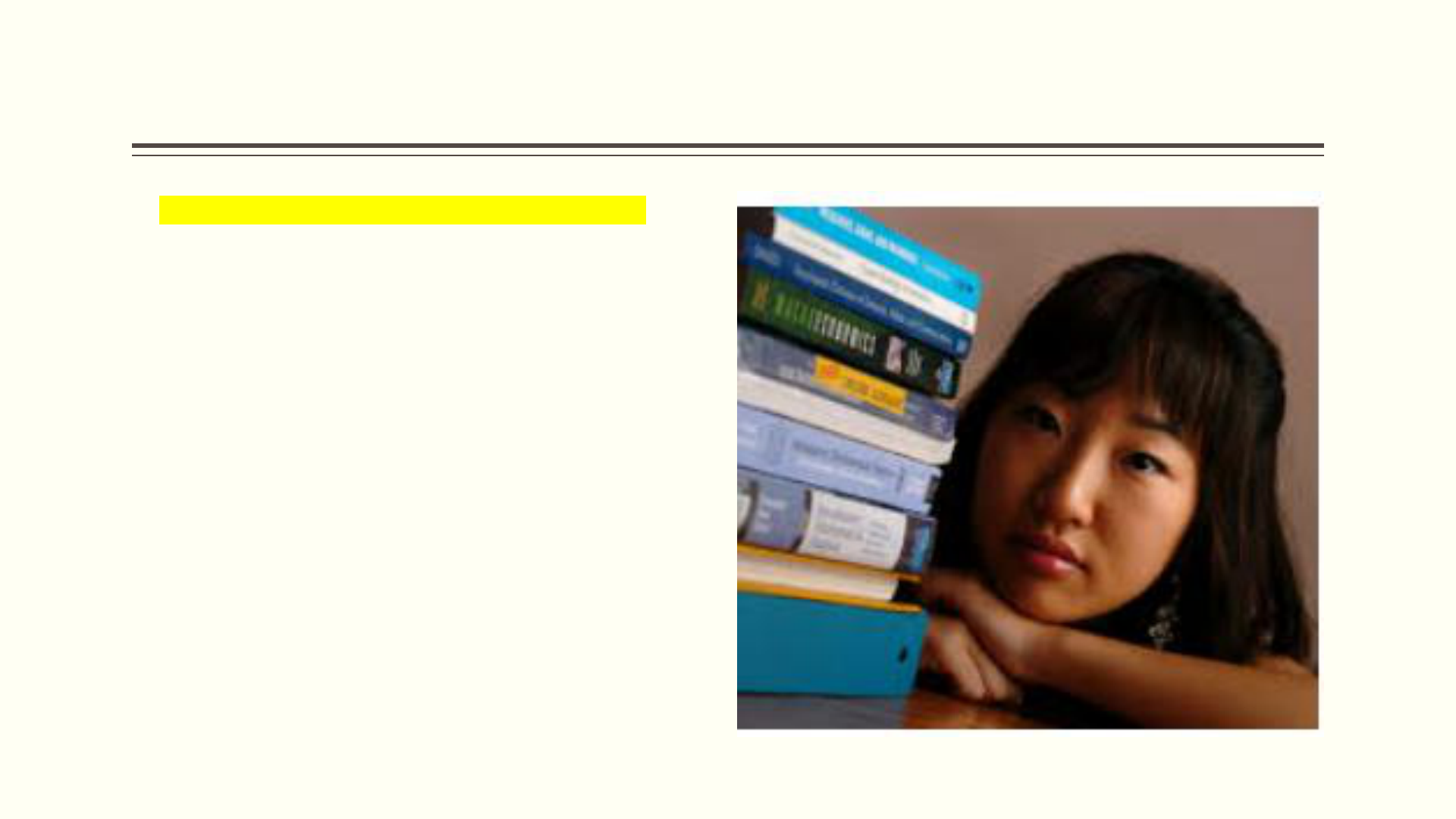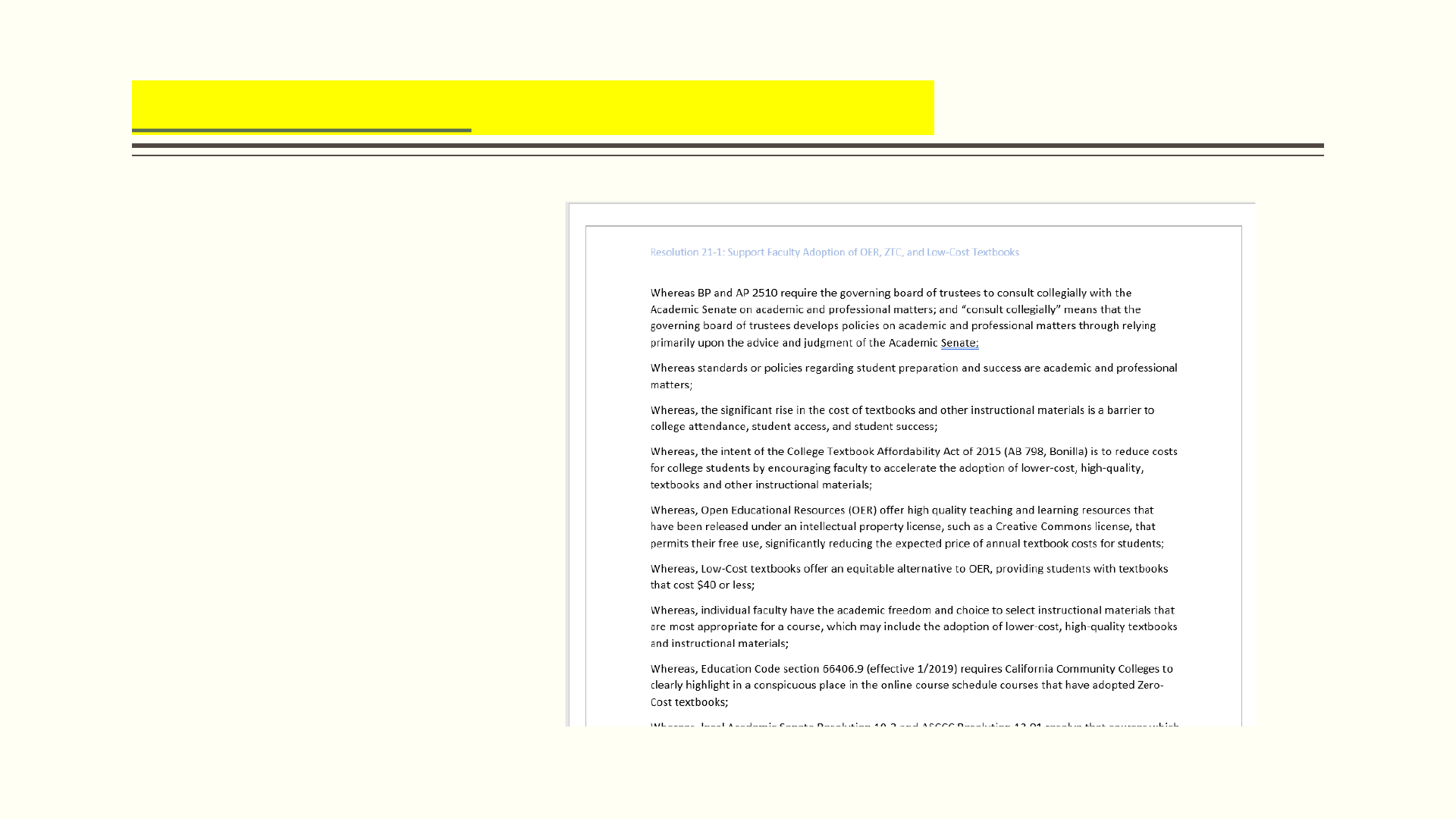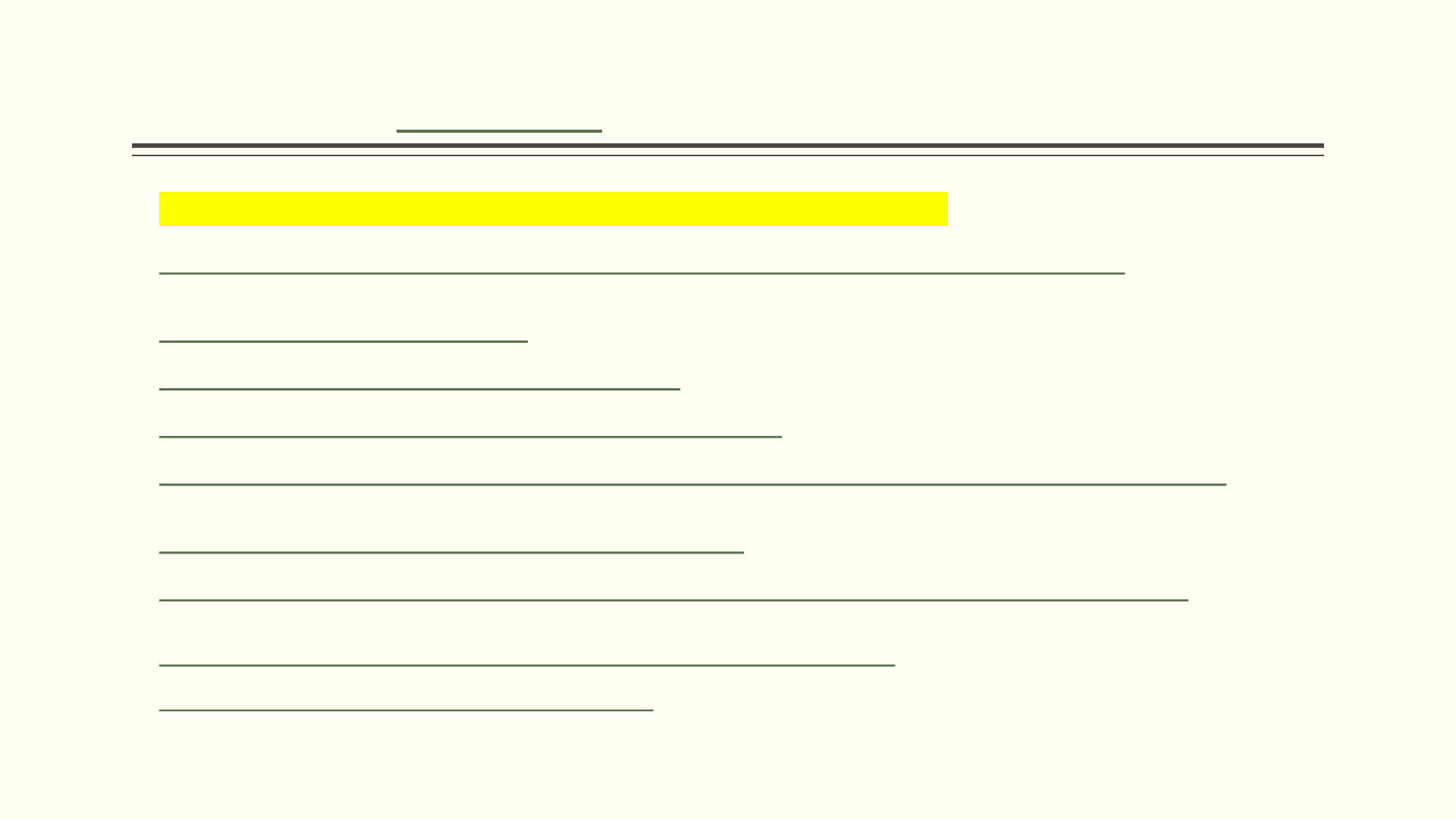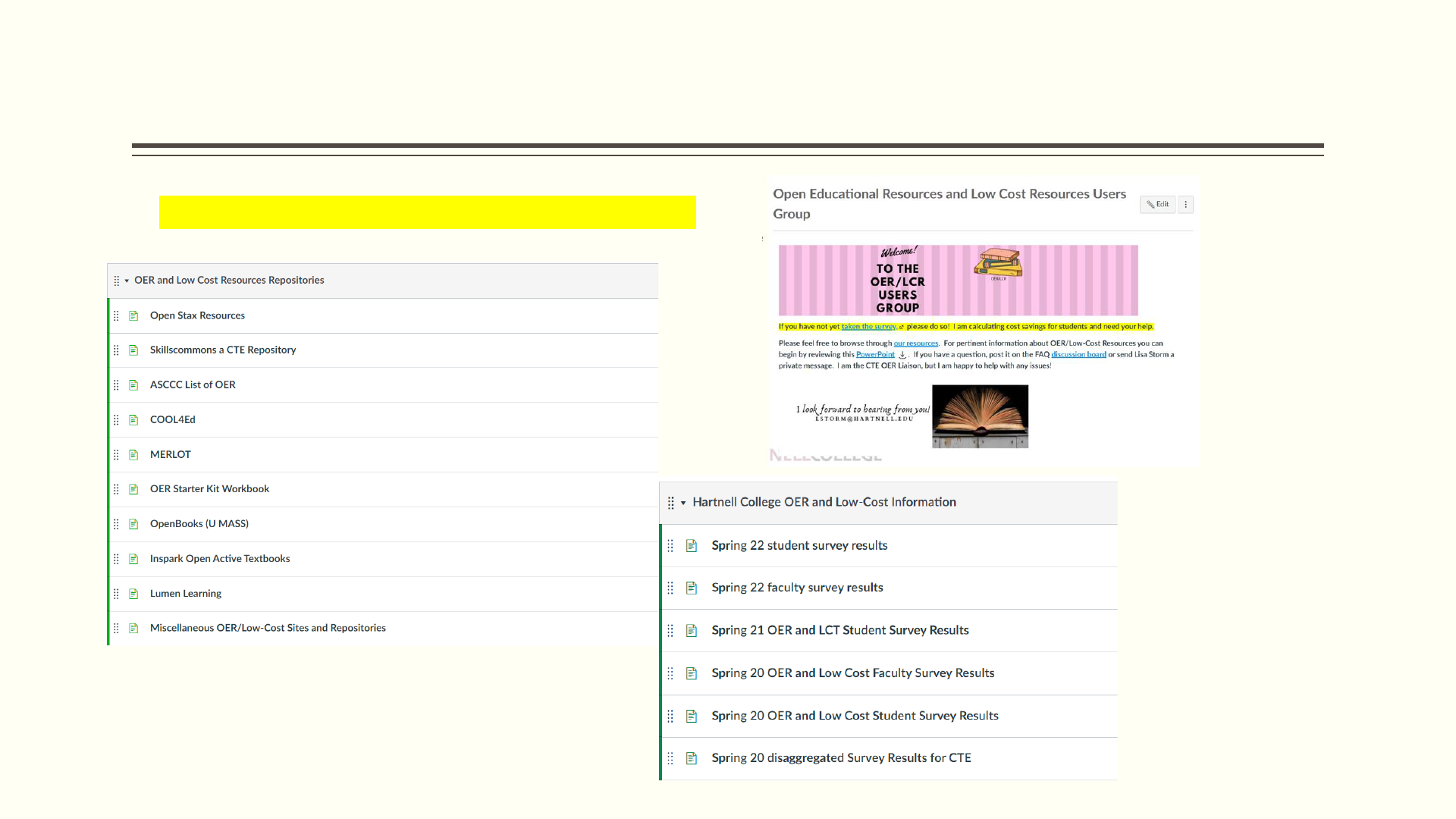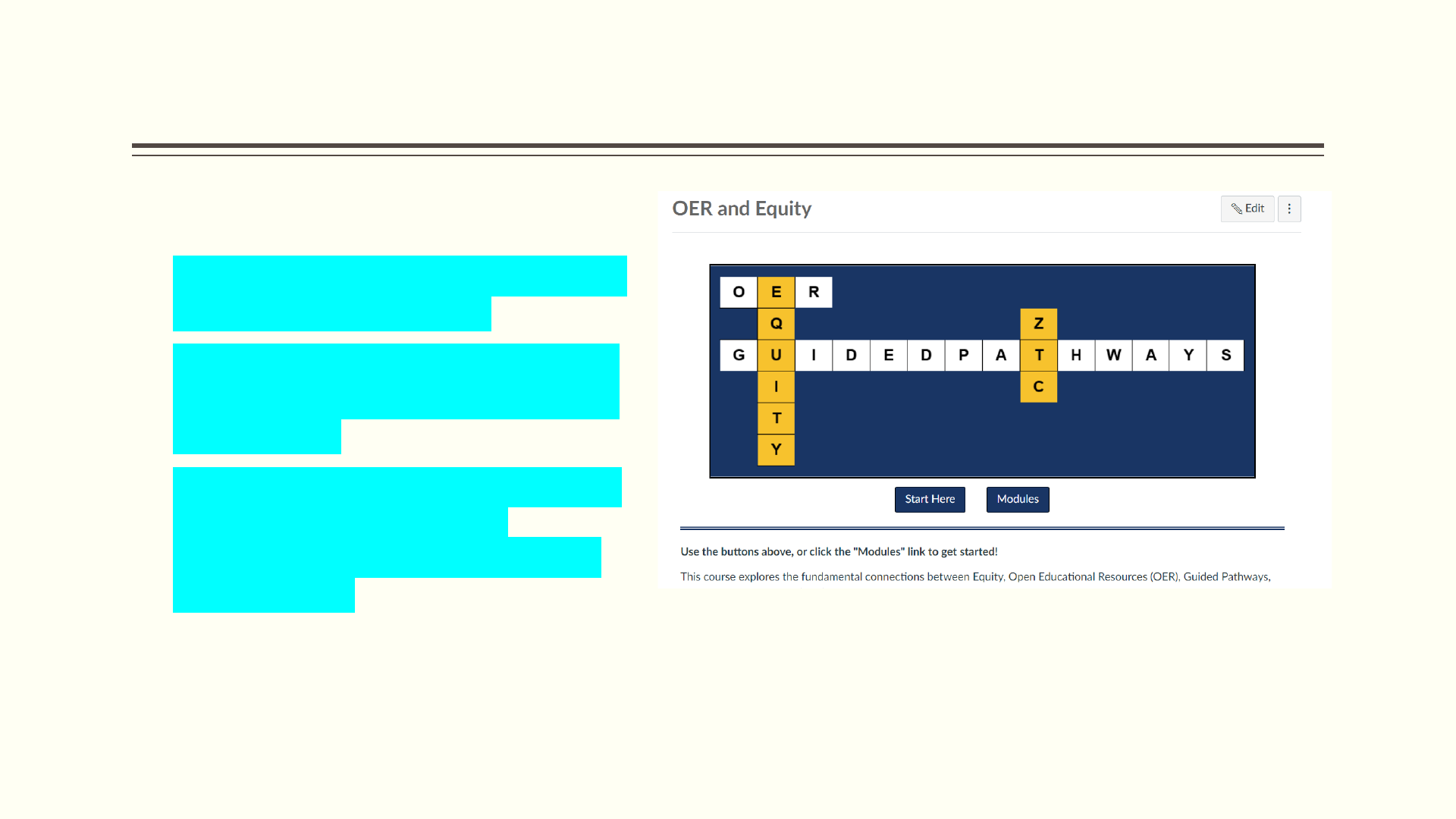
OPEN EDUCATIONAL RESOURCES
AND LOW-COST TEXTBOOKS:
EQUITABLE ALTERNATIVES FOR
STUDENTS
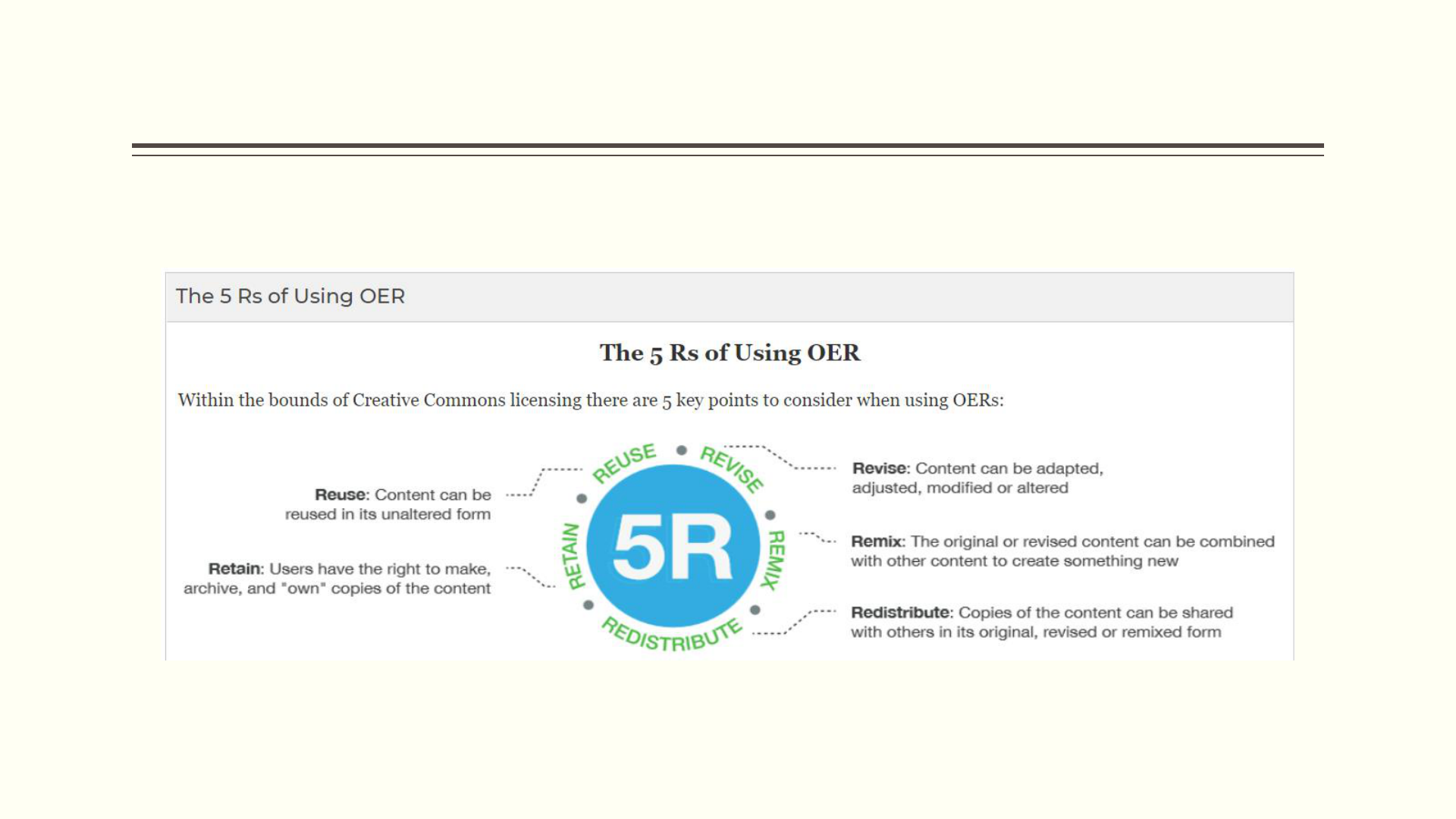
OER is subject to the 5 Rs:

Advantages of Low-Cost textbooks:
Low-Cost textbooks are often accessible;
Low-Cost textbooks can be less expensive than
printing OER materials;
The Low-Cost textbook model is self-sustaining and
does not have to rely on rounds of grant funding. The
financial incentive affects updates of Low-Cost
materials as well.
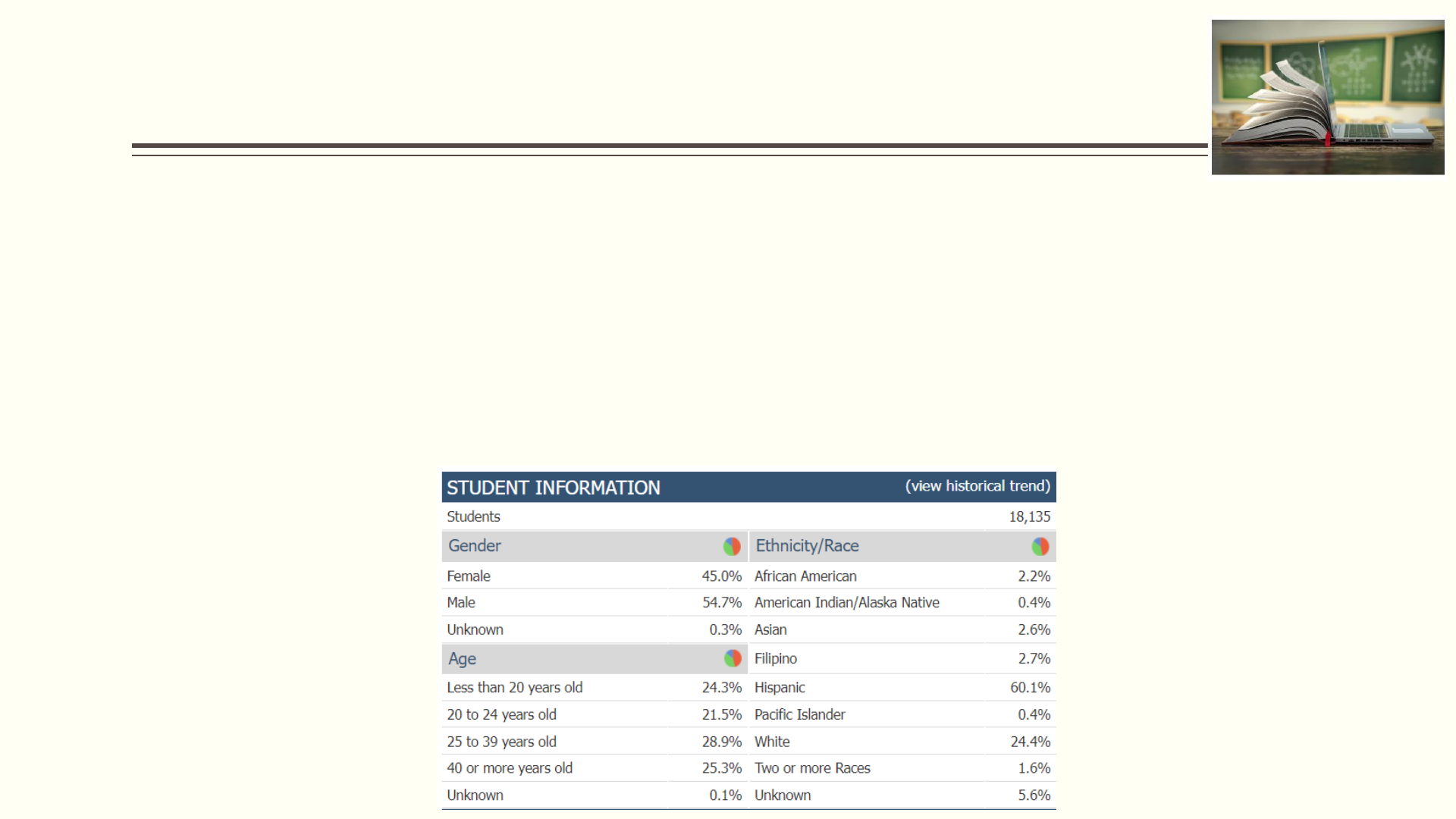
Challenges to overcome:
High textbook costs create barriers to education for our student
demographic, which is inequitable;
Hartnell College is not in strict compliance with state and federal
laws regarding the publication of textbook costs in the online
schedule;
The bookstore (Follet) is profit-motivated and this creates issues
with textbook costs.

OER and Low-Cost resources support equity for students:
Statistical analysis reveals that textbook prices are a
significant educational barrier for all students, with
a disproportionately negative effect among racial/ethnic
minorities, low-income students, and first-generation college
students.
It is Hartnell College’s responsibility to remove any
unnecessary financial barriers to academic success, and to
ensure that students’ learning potential is never limited by
their purchasing power.

Student survey results, 161 responses (2022):
31.4% of students pay $200 for textbooks each semester, and 82.6% also have to
purchase a textbook supplement;
29.8% of students have dropped a class because they could not afford the textbooks;
41.6% of students have avoided carrying a full load (12 units) because they could not
afford the textbooks;
96.3% would choose a course that adopted a free or Low-Cost textbook over a course
that did not;
64% of students say it is not easy to find courses that adopted free or Low-Cost
textbooks in the online course schedule.
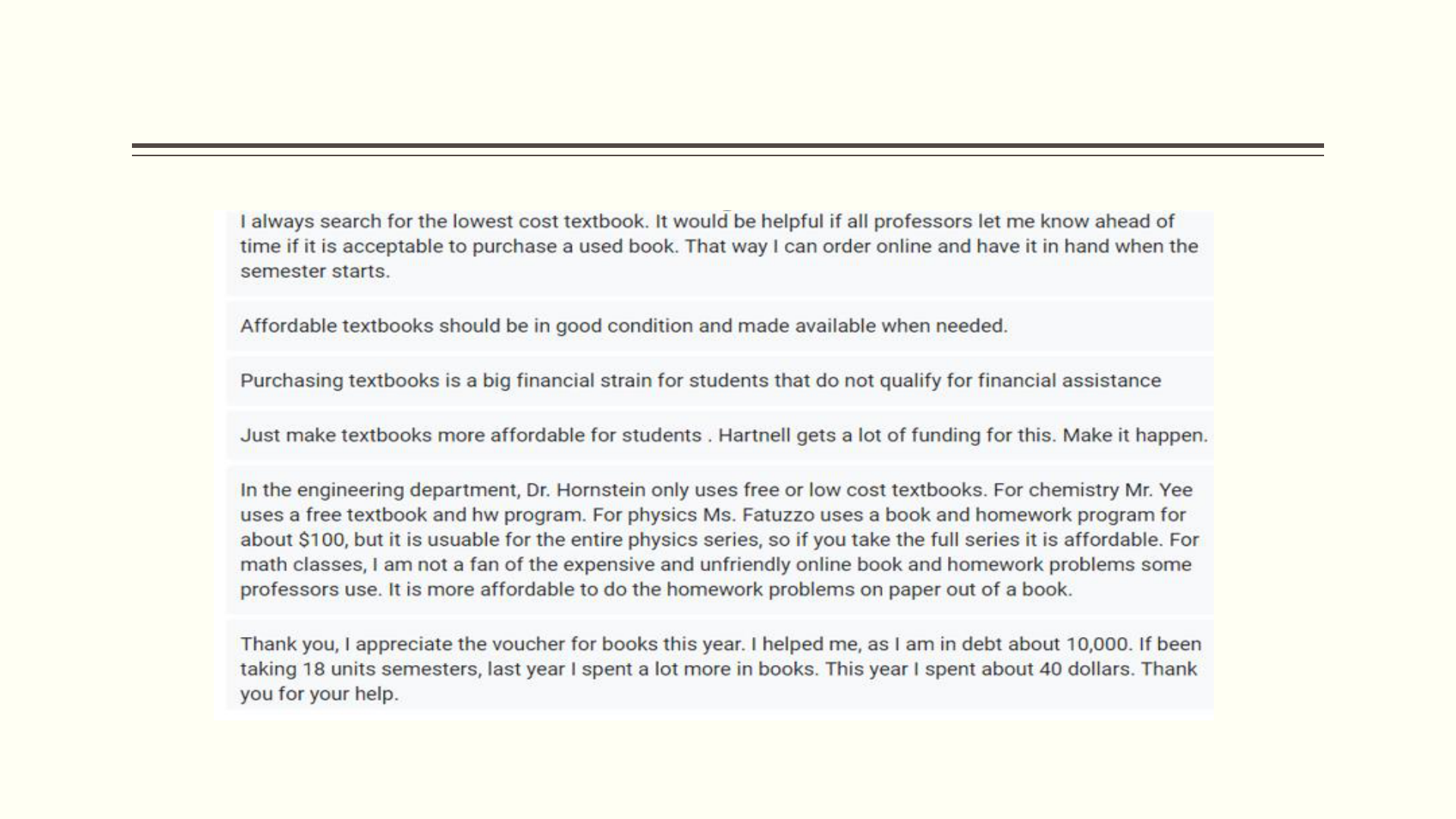
Student survey comments:

Faculty Affordable Textbook Adoptions Survey Data
(Disaggregated)
Student savings by discipline from highest to lowest:
1. ADJ: $513,181
2. BUS: $408,400
3. MAT: $186,555
4. BIO: $66,575
5. EGN: $40,600
6. COM: $33,486
7. ECE: $33,000
8. MUS: $21,600
9. PSY: $17,850
10.HIS: $16,640
11.ART: $12,600
12.ENG: $2,500
Total student savings:
$1,352,987.00!!

State and federal regulations regarding textbook costs:
(a) Each campus of the California Community Colleges
and the California State University shall, and each campus
of the University of California is requested to, do both of
the following:
(1)(A) Clearly highlight, by means that may include a
symbol or logo in a conspicuous place on the online
campus course schedule, the courses that exclusively use
digital course materials that are free of charge to students
and may have a low-cost option for print versions.
(B) The course materials described in subparagraph (A)
may include open educational resources, institutionally
licensed campus library materials that all students enrolled
in the course have access to use, and other properly
licensed and adopted materials. Each campus of the
California State University, each participating campus of
the University of California, and each community college
district shall ensure that these materials comply with the
federal Americans with Disabilities Act of 1990 ( 42 U.S.C.
Sec. 12101 et seq. ) and the federal Copyright Act of 1976
( Public Law 94-553 ). 1
(2) Clearly communicate to students that the course
materials used for the courses identified pursuant to
paragraph (1) are free of charge and therefore not required
to be purchased.
each institution of higher
education receiving Federal financial
assistance shall—(1)disclose, on
the institution’s Internet course
schedule and in a manner of the
institution’s choosing, the
International Standard Book
Number and retail price information
of required and
recommended college
textbooks and supplemental
materials for each course listed in
the institution’s course
schedule used for preregistration
and registration purposes


